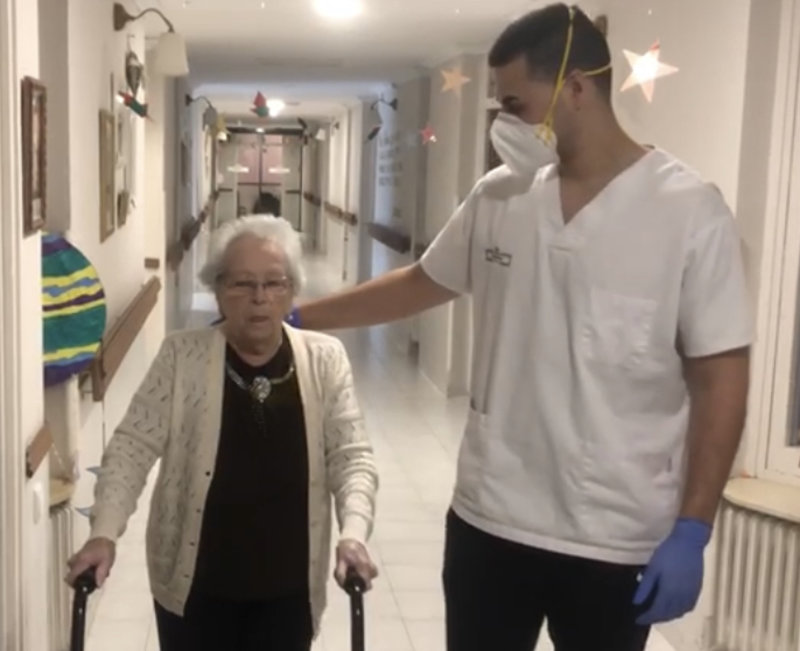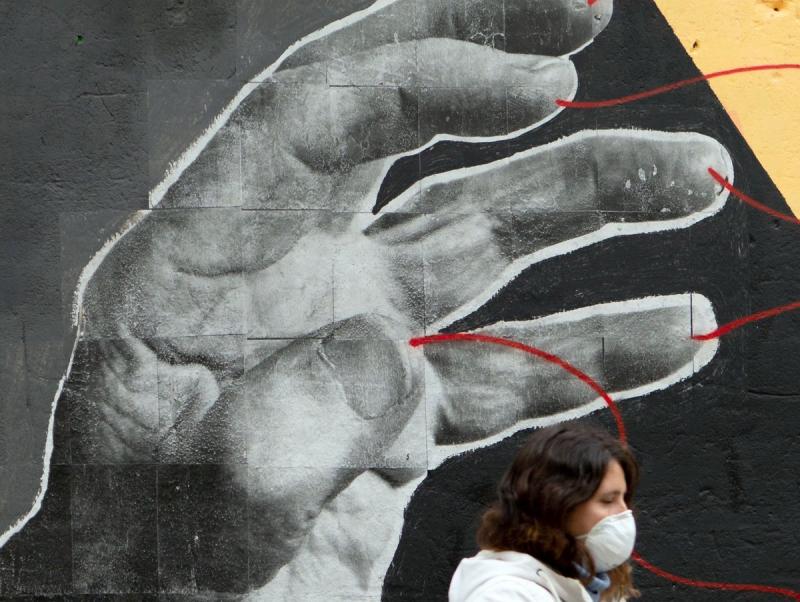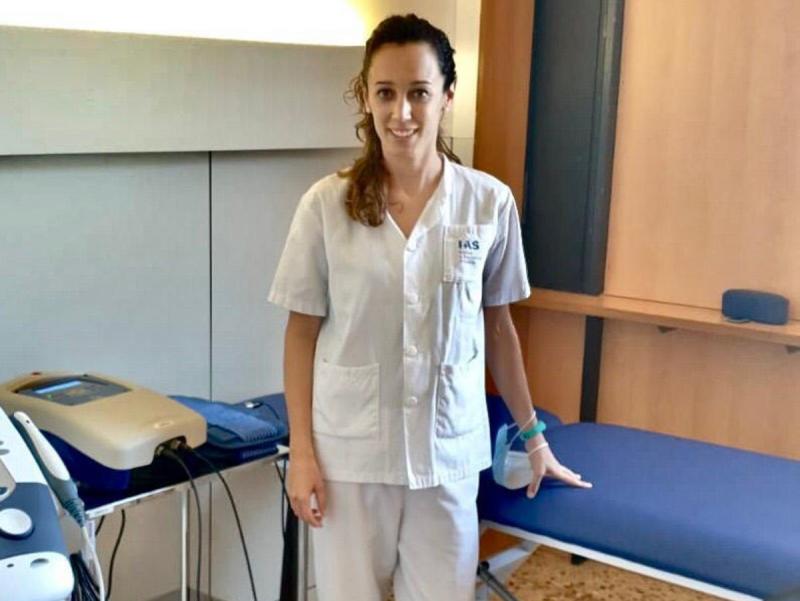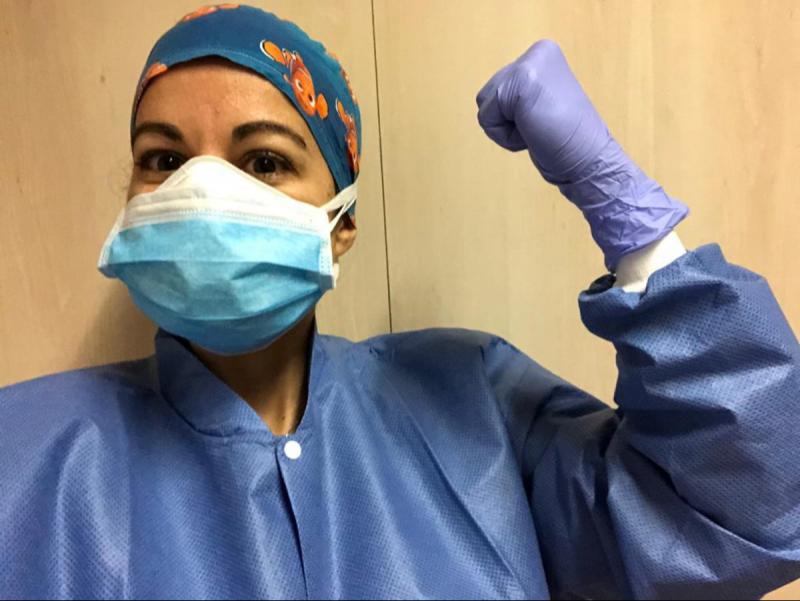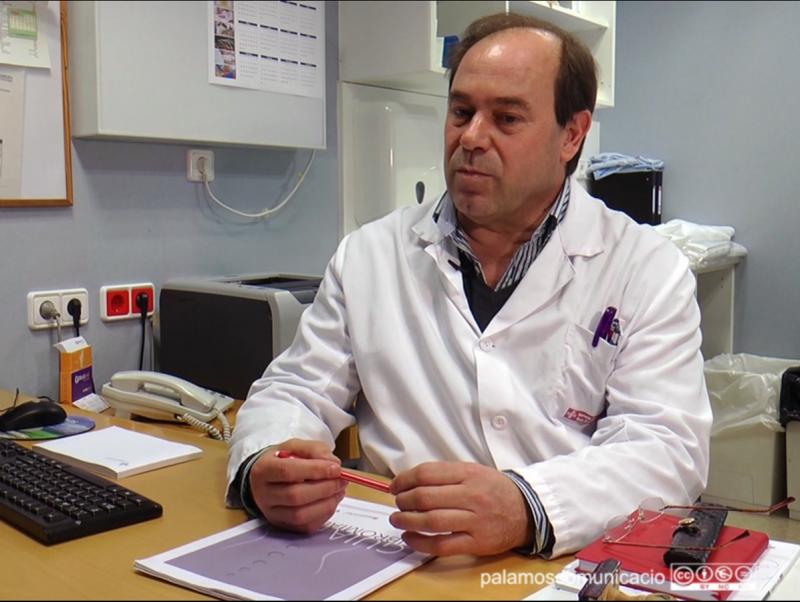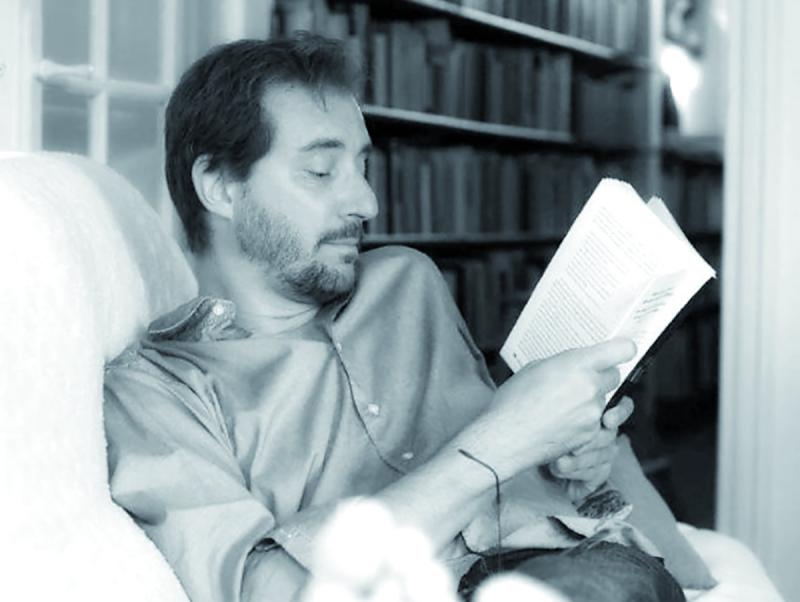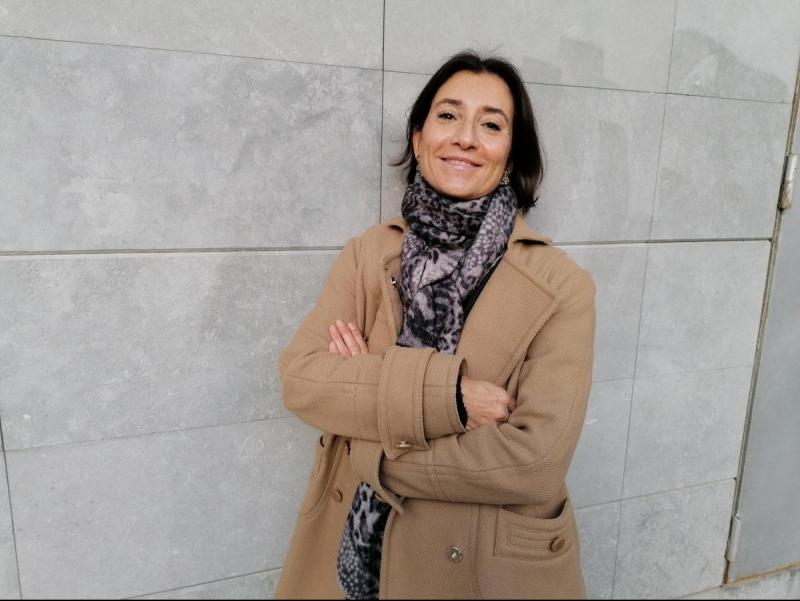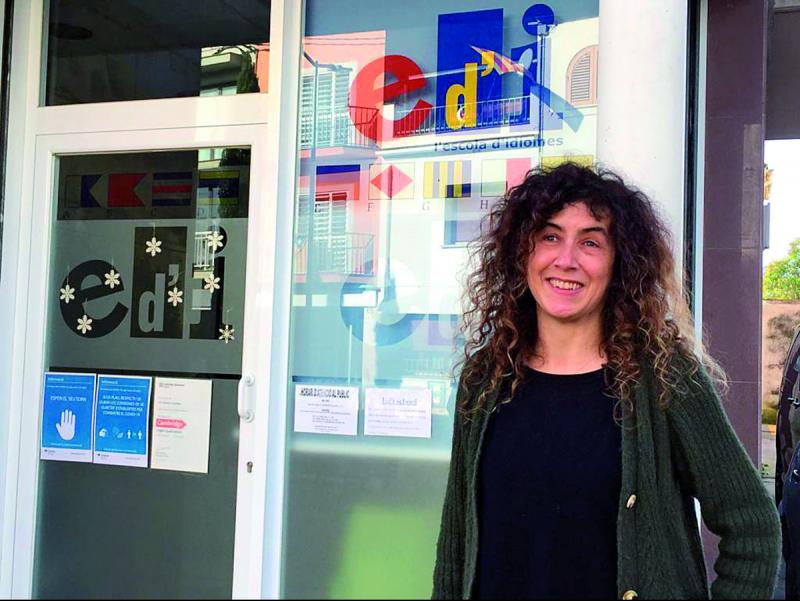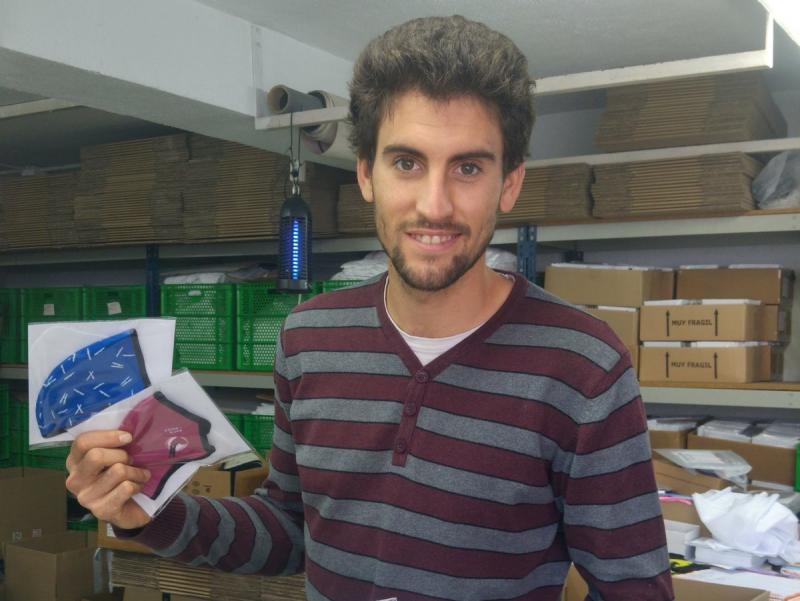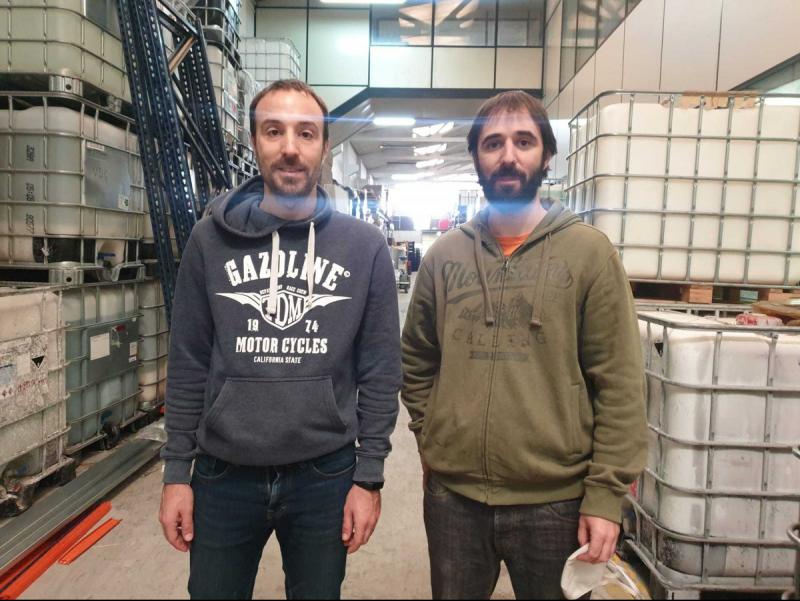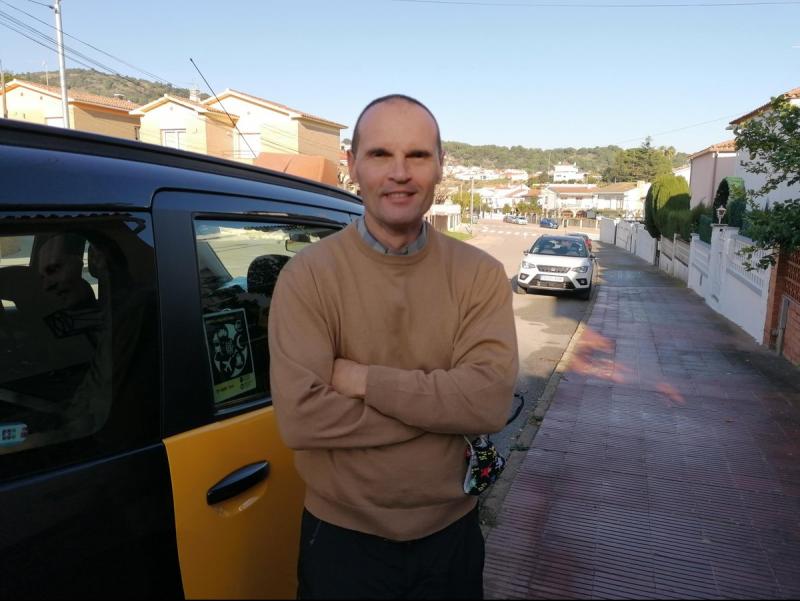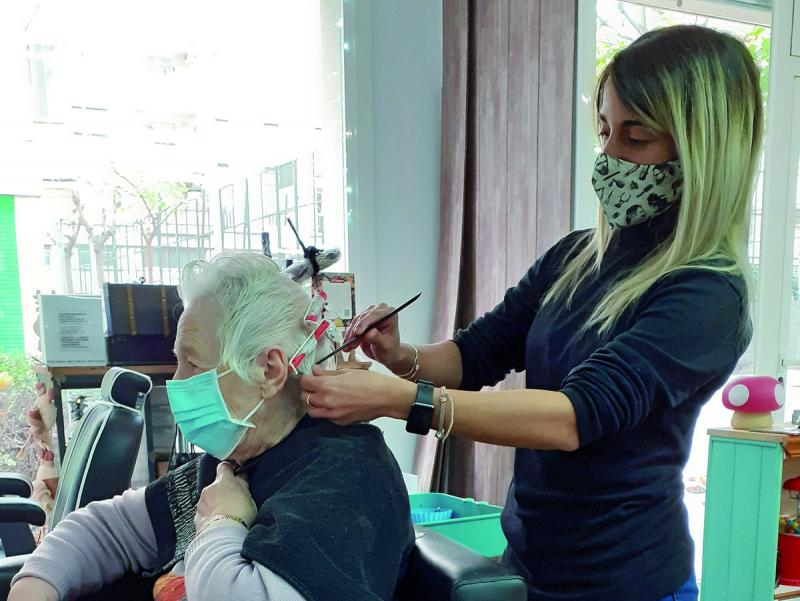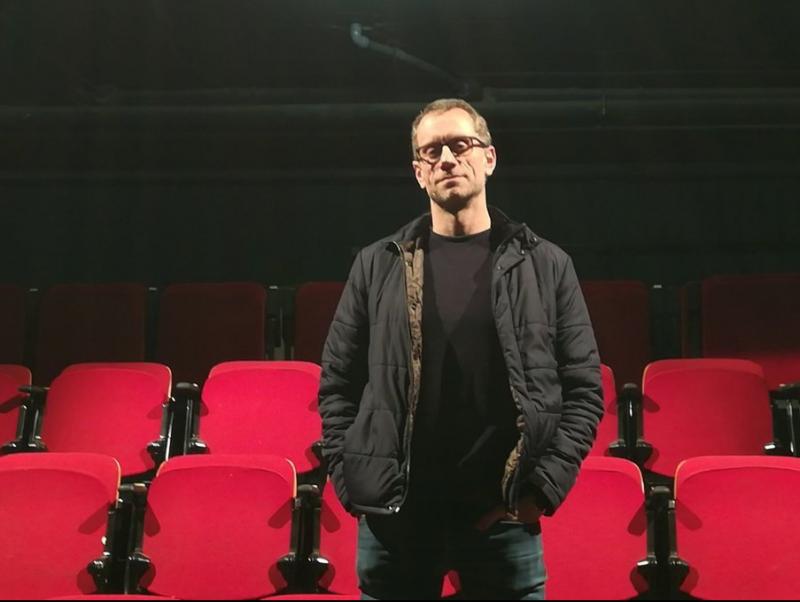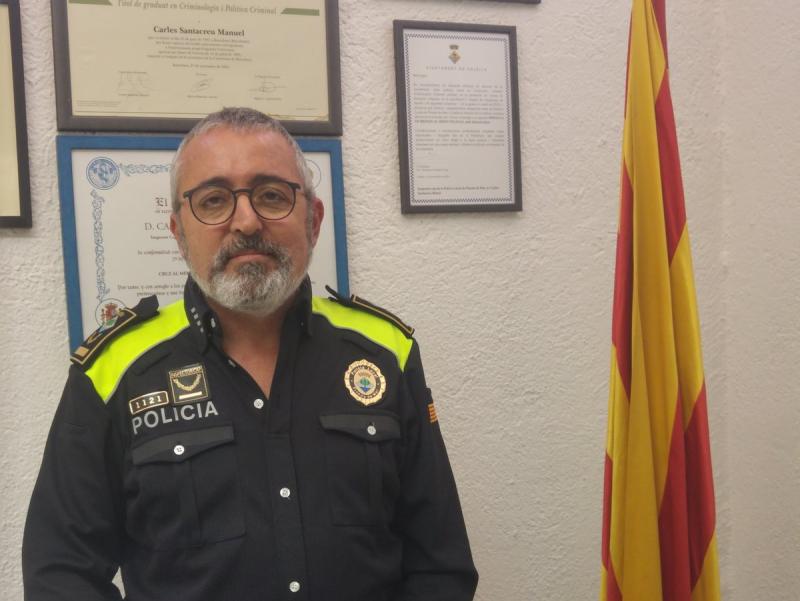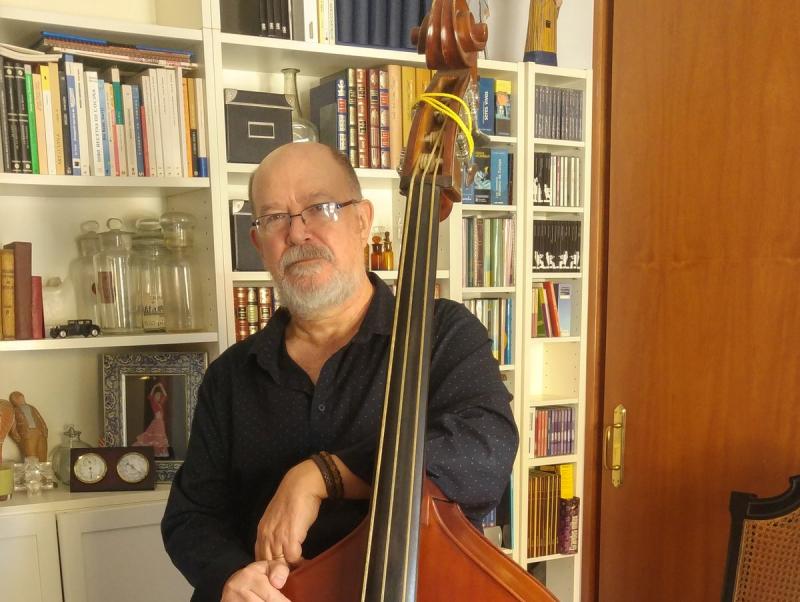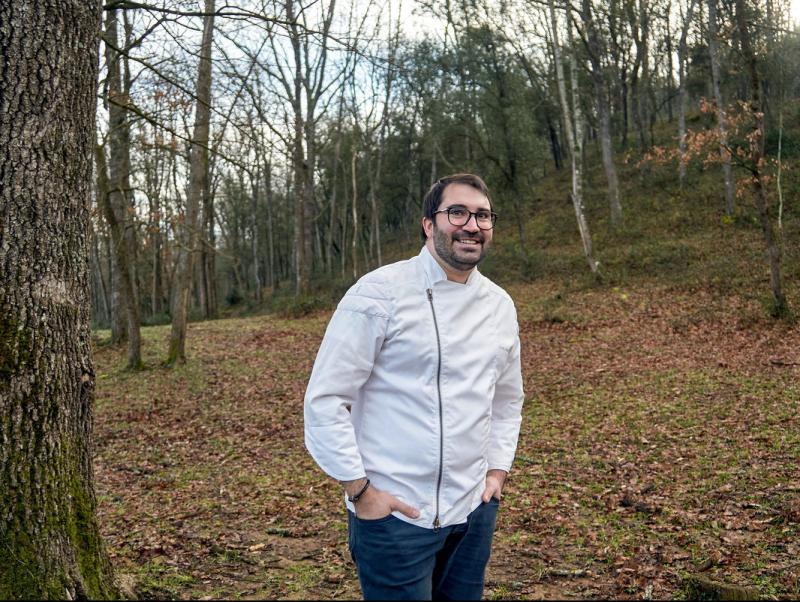Michael Berenguer
PHYSIOTHERAPIST
“Locking down with the elderly at the home was the right thing”
FLOWERING EMPATHY “Confining ourselves has helped us to put ourselves in the shoes of other colleagues”
Michael Berenguer is one of the physiotherapists at the Lleida Geriatric Centre. This nursing home was the first in Spain where some of the staff decided to confine themselves with their patients to create a bunker against Covid and prevent any entry or exit of the cursed virus. Michael was one of the professionals who joined the initiative, spending a whole month in the centre, along with about 20 other professionals and 90 of the facility’s residents. They did not have a single positive case diagnosed. Not a single coronavirus patient.
“It’s the result of a job well done. Many measures that were implemented on day one are still in force today, such as the creation of bubbles of groups of about 15 people. But we were also very lucky that action was taken when there was no coronavirus in the home, even if we weren’t aware of that,” explains this young physiotherapist.
Other care homes have worked hard to protect their patients, but didn’t realise the extent of the approaching danger before there were already some cases inside the facility, probably inadvertently introduced by a visitor. Berenguer also thinks that his centre did a good job in anticipating events: “When we heard that the virus was already in Italy, we began to restrict visits by relatives. A few days before the Spanish government decreed the lockdown, we’d already taken this step and were already spending 24 hours a day with our elderly, without letting anyone else in ”.
These days, the Lleida Geriatric Centre is still free from coronavirus. This is the great reward for the sacrifice made by the centre’s workers. “It was hard, because we didn’t see our family and friends for a month, but the effort was well worth it,” he says. Would he go through the same experience again? “I’d love to think that it won’t be necessary, but if we thought it was the right thing for us to do to protect the residents, then I’d have no doubt and would be confined again. Especially because I’m young and now is the time to step up.”
Both Michael and the rest of the professionals who were confined to the care home greatly appreciate the expressions of gratitude they have received, both from the residents and their families. “They are very comforting,” he says. The experience translates into an accumulation of emotions, because he is living on the front line, supporting the most vulnerable people, those who are the main target of the virus.
Fortunate to contribute
Yet, Berenguer feels fortunate to be able to contribute to the well-being of the residents at a time when families may not be able to be as close as they would like. He even has many fond memories of the lockdown days, although the work was very intense and he did not have a single day off: “If we are usually like a big family, then everyone can get an idea of what it means to spend the whole day together. We still have a lot of affection for each other.” The support from the elderly was mutual. He remembers, for example, “when I wasn’t working and I was running around the yard and the residents were counting my laps out loud.”
The experience has not only brought him closer to the elderly in the centre, it has also helped him empathise with the work of other colleagues. “I’m more aware than ever of the great work that nursing assistants do. They are absolutely essential,” he says. In fact, during those days, everyone did a little bit of everything. If they had to wash dishes, for example, then they did.
This physiotherapist also shows his solidarity with other nursing homes that have been the centre of much criticism because they did not manage to stop the virus: “Many people tore into the care homes, forgetting that inside are the most vulnerable people, who get infected very quickly, and when the existence of coronavirus became known, it was already inside and that made it difficult to act.”
Despite the fact that any professional who works closely with the elderly is aware they will have to deal with many deaths, Berenguer maintains that “you get used to managing it, but it’s always hard.”

